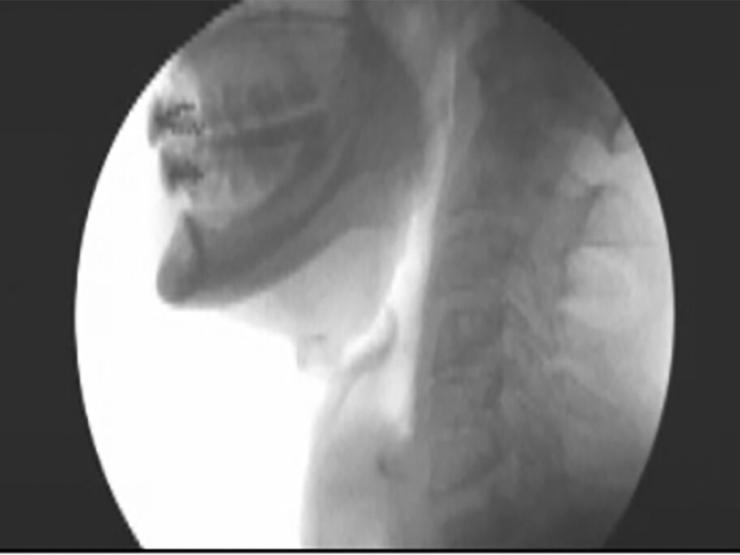Full-time service and continuous service
Leaves can be unpaid or paid and can be broadly grouped into health/family-related leaves, which are administered through Human Resources, and academic leaves, which enhance faculty’s contribution to the College and are administered through Academic Affairs. The rules and concepts governing academic leaves are found in the Collective Bargaining Agreement and the Faculty Handbook. Where it is appropriate to address non-academic employment related matters, Human Resources policies and applicable state and federal laws take precedence. Both offices collaborate to ensure that faculty are fully supported and receive consistent information.
Academic leaves provide for a reprieve from full-time service. The Faculty Handbook governs which academic leaves count towards fulfillment of full-time or continuous service. Full-time service requires teaching at Emerson. The Faculty Handbook distinguishes between "continuous service," (sec. 13.1.6) which ensures progress toward promotion and moving forward on the salary grid, and "full-time service" (secs. 13.1.1, 13.2.1 & 13.3) and years of "teaching at Emerson," (sec. 13.1.8) which determines eligibility for pre-tenure, sabbatical, and special leaves. Full-time service for purposes of determining eligibility for leaves requires teaching, research/creative work (for tenure-line faculty), and service. For example, following a sabbatical leave, a faculty member is eligible for a subsequent sabbatical after “completing at least 12 semesters (fall and spring) full-time service since the previous sabbatical leave” (sec. 13.1.8). Please see section 13.3 of the Faculty Handbook for more information on Special Leaves.
For more information about how salary, benefits, and full-time/continuous service are affected by different academic leaves, please refer to this page.
